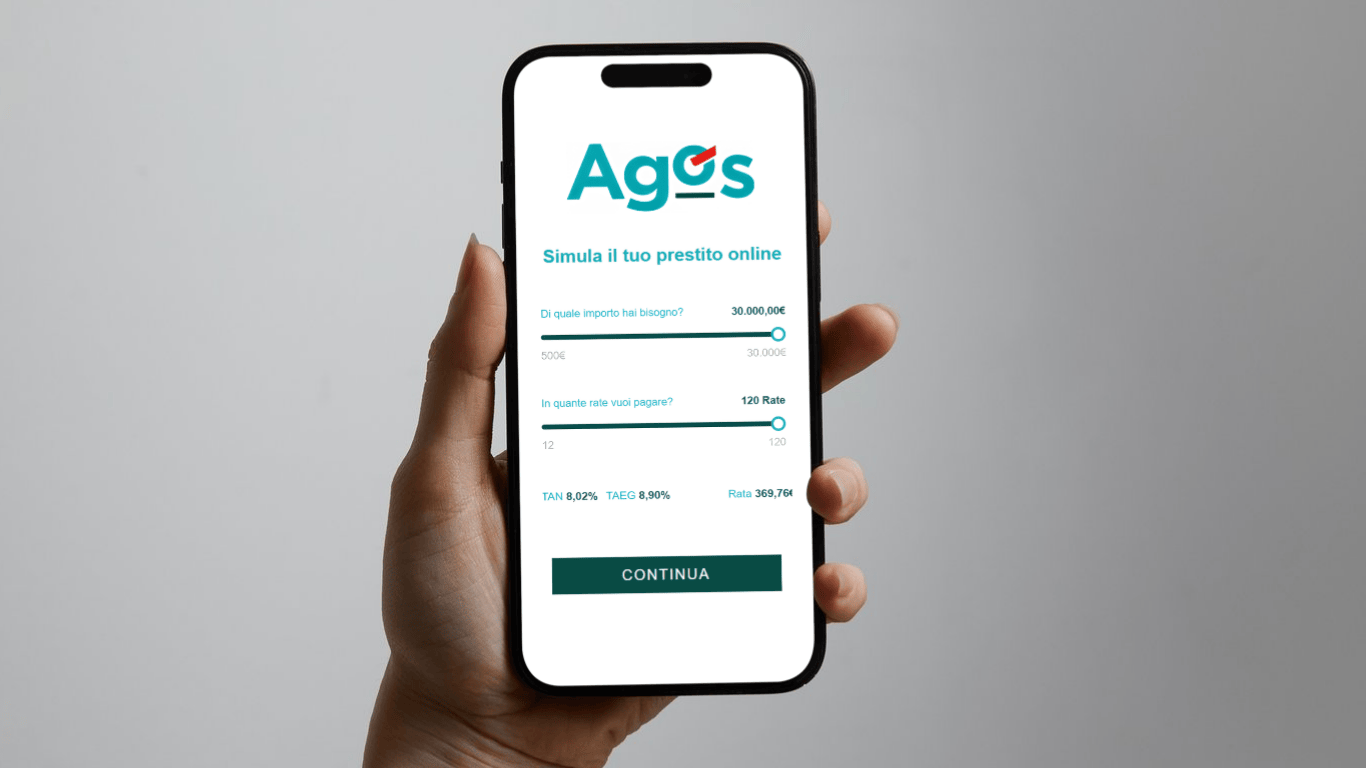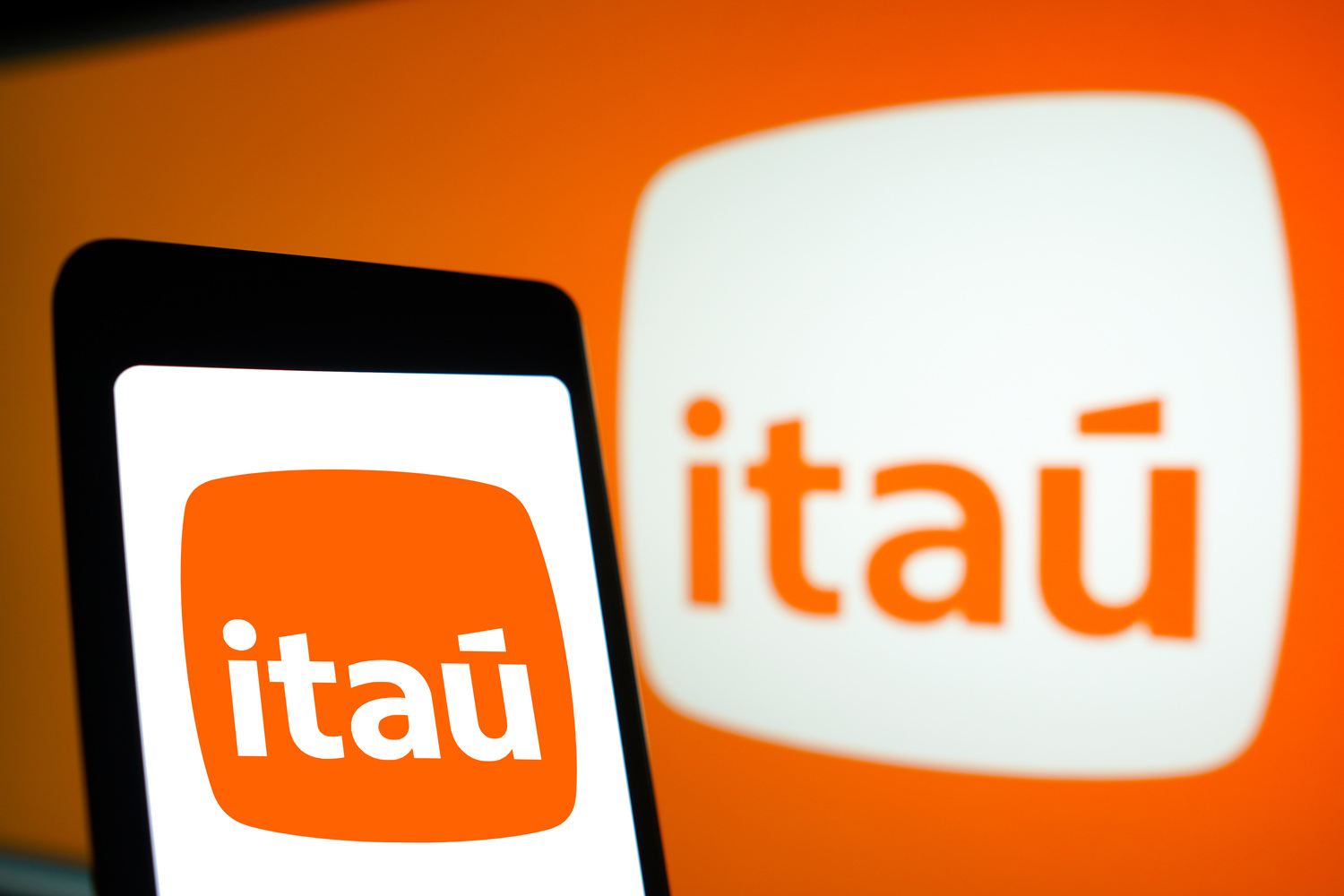Buying and Selling
How to Buy a Cheap House: Smart Strategies
Owning a property without spending a fortune is possible! Learn how to buy a cheap house, find the best deals and save money by negotiating! A complete guide for those who want to pay less for their next property.
Advertisement
Save Money When Purchasing Your Property with These Tips!

Dreaming about owning a home is common, but many people believe that it requires a large investment. However, there are several strategies for acquiring a property while spending less than expected! If you want to know how to buy a cheap house, this article will help you.
Many buyers fall into the trap of thinking that they can only find good opportunities in struggling real estate markets.
However, it is possible to identify properties below market value in any economic scenario. The secret is knowing where to look and negotiate.
In this comprehensive guide, you will discover effective methods for finding cheaper properties, avoiding common mistakes and negotiating smartly. So, stay tuned to the end and see how to make your dream of owning your own home a reality without compromising your budget!
The Myth of Unbeatable Price: How to Think Like an Investor
When it comes to buying cheap properties, many people believe that the focus should be on the lowest price. However, experienced investors know that this mindset can be limiting…
A cheap property that requires major renovations may end up costing more than a slightly more expensive property in better condition.
And beyond that, it is essential to look beyond the price and consider the property’s potential for appreciation.
Buying cheap doesn't just mean paying less at the time of purchase, but also making an investment that will generate returns in the future. After all, a property that tends to appreciate in value can be resold at a profit or generate good rental income.
Total Cost Calculation
On the other hand, many buyers overlook additional costs such as taxes, title fees, and maintenance. Therefore, it is essential to do a detailed calculation of the total cost before closing the deal.
A cheaper purchase on paper can become more expensive in the long run if these factors are neglected.
Therefore, thinking like an investor means analyzing all the variables before making a decision.
Paying attention to the market, understanding real estate cycles and knowing how to negotiate are differentiators that make all the difference in the search for the ideal property at an affordable price.
Where to Find Cheap Houses?
For those who want to save money when buying a property, knowing where to look is essential. Many opportunities arise in places that go unnoticed by most buyers.
An excellent option is the real estate auctions, where it is possible to acquire properties at prices well below market value.
However, caution is needed, as not all auctions offer good deals.
Evaluating the condition of the property, researching any debts and understanding the auction process are essential precautions.
Properties repossessed by banks or with debts
Another advantageous alternative is the properties repossessed by banks, which are usually sold for lower prices to cover unpaid loans. Banks have no interest in keeping these properties and, therefore, usually offer special conditions for sale.
In addition, properties with IPTU or condominium debts can be an excellent opportunity. Owners often agree to sell for a lower price to get rid of the outstanding debt.
As long as the negotiation is done well and the costs are calculated correctly, this can be an excellent strategy.
Finally, growing regions offer good opportunities for those looking to invest on a tight budget. New neighborhoods tend to have more affordable prices and, over time, tend to appreciate in value, making them an excellent long-term investment.
Negotiation Strategies to Pay Less
Knowing how to negotiate is one of the secrets to getting a property at a better price. Many buyers accept the first price asked by the seller, but with some strategies it is possible to obtain a significant discount.
Aggressive proposal, buy in cash, larger deposit and don't show desperation
First, present a aggressive proposal, but realistically, can make all the difference. Offering a lower price than the asking price is a common practice in the real estate market, as long as it is justified with solid arguments, such as the need for renovations or comparison with similar properties in the area.
Furthermore, buy in cash can ensure an even more favorable negotiation. Many sellers prefer immediate payment rather than waiting for a long financing period. If this is a possibility, take advantage of it to get a significant discount.
On the other hand, for those who need financing, offering a larger entrance can be a smart solution. This reduces the value of the installments and the interest paid over the years, making the property cheaper in the end.
And another efficient strategy is to demonstrate that you have other options available. When the seller realizes that you are not desperate to close the deal, he may feel pressured to improve the offer so as not to lose the buyer.
Therefore:
- Submit a proposal below the requested value, with well-founded justifications.
- Buy in cash, when possible, to obtain greater discounts.
- Make a larger down payment in financing, reducing interest and outstanding balance.
- Show that you have other options, to pressure the seller to improve the offer.
- Negotiate with patience and firmness, avoiding impulsive decisions.
Used vs. New Homes: Which is the Best Choice for Saving Money?
When looking for an affordable property, the question arises: buy a new or used house? Both have advantages and disadvantages, but the right choice can directly impact your final budget.
Advantages of Used Homes
- Lowest price compared to new properties, making it a more affordable option.
- Privileged location, since many old houses are in well-structured and valued neighborhoods.
- Greater negotiating power, as sellers are often flexible with prices, especially if the property needs repairs.
- Generally lower taxes and fees, depending on the age of the property and the region where it is located.
Disadvantages of Used Homes
- Possible need for reforms, which can generate extra costs and make the purchase more expensive.
- Higher risk of structural problems, requiring a detailed inspection before closing the deal.
- More complex documentation, especially if there are outstanding issues or a history of multiple owners.
Advantages of New Homes
- Modern structure and more resistant materials, reducing maintenance costs in the short term.
- Greater property value increase, especially if located in expanding neighborhoods.
- Payment facilities, such as installment payments or direct financing with the construction company.
- Construction company warranty, which provides greater security against structural defects or electrical and hydraulic problems.
Disadvantages of New Homes
- Higher starting price, making investment heavier in the short term.
- Possible extra fees, such as condominium fees, property tax and notary fees, which can make the purchase more expensive.
- Location in neighborhoods still under development, which could mean less infrastructure and services nearby.
Which One to Choose to Save Money?
- Houses used They are ideal for those who want a cheaper property and are willing to negotiate and invest in small renovations.
- Houses new They are recommended for those looking for less maintenance and better payment conditions, even if the initial price is higher.
Regardless of the choice, research well, evaluate extra costs and negotiate intelligently are essential steps to making a good deal. After all, buying a cheap house requires strategy and patience!
Common Mistakes That Make You Pay More
Many buyers make mistakes that end up making the purchase of a property more expensive. The good news is that with knowledge and planning, it is possible to avoid these pitfalls.
One of the most common mistakes is make decisions on impulse. Enthusiasm can cause buyers to overlook important details, such as structural problems or unfavorable locations. Therefore, it is essential to carefully evaluate the property before closing the deal.
Not considering the extra costs and blindly trusting brokers
Another serious mistake is not consider the extra costs. Many people only calculate the purchase price, but forget to include fees, taxes and possible renovations. These expenses can add up to a considerable amount and compromise the budget.
Additionally, some people blindly trust brokers without doing their own research and make a mistake.
While many professionals are trustworthy, some may prioritize commission over the best deal for the client. That’s why it’s always a good idea to do your own research.
Finally, not analyzing the appreciation of the region can result in a bad investment. Choosing a property in a location that tends to depreciate in value can lead to losses in the future. Therefore, studying the market before purchasing is essential to making the right decision.
Conclusion
In short, buying a cheap property requires patience, research and good strategies. As we have seen, there are several ways to find opportunities and negotiate more advantageous prices.
From searching for auctions and repossessed properties to using negotiation tactics, every step can represent a big savings.
However, it is essential to avoid common pitfalls that cause many buyers to pay more than they should. Financial planning, detailed analysis of the property and a well-conducted negotiation are key to ensuring an excellent deal.
And now that you know how Buying a cheap house, it's time to put these tips into practice! If you liked the article, don't stop here! See an article on How to Buy a House in the Countryside by accessing the free link below:

How to Buy a House in the Countryside
Want to escape the hustle and bustle of the big city? Then learn how to buy a house in the countryside!
Trending Topics

Looking for cheap rentals? Find the perfect home with Zillow
Discover how to find cheap rentals on Zillow! Unmissable tips for finding affordable properties without the hassle
Keep Reading
Properties with up to 50% discount? Discover the investors' trick on Hubzu!
Discover the Hubzu Platform and take advantage of the best opportunities in online property auctions in a simple and safe way!
Keep Reading
Finance with Reduced Interest and Flexible Terms: Discover CrediHome financing
Are you looking for real estate financing? See how CrediHome Financing can help you acquire your property without complications!
Keep ReadingYou may also like

Agos Quick Loan: Up to €30,000 with immediate release!
Discover how Agos' quick loan can turn urgency into opportunity with digital approval and cash available in just a few hours.
Keep Reading
Ultimate Guide: How to Buy a Luxury Mansion and Make Your Dream Come True
If you are looking for sophistication and comfort, understanding how to buy a luxury mansion will be essential! Access this article and see the details.
Keep Reading
Installments that fit your budget! Discover Itaú's exclusive conditions
Do you need credit to buy your new home? Understand how Itaú Financing works and see how to find the best conditions!
Keep Reading